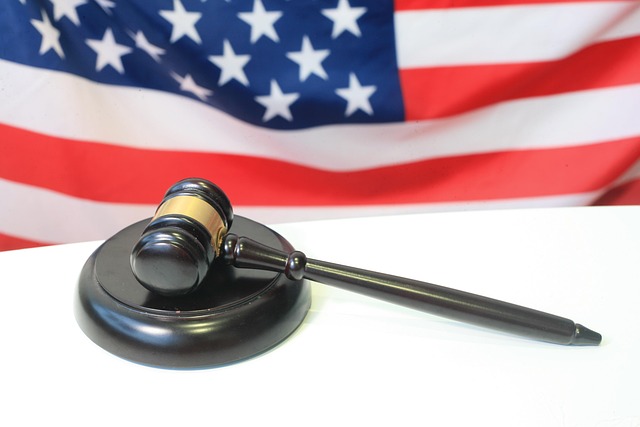Lawsuit Challenges Military Academy Admissions

A coalition spearheaded by conservative legal advocates has filed suit against the United States Military Academy (West Point), the United States Naval Academy (Annapolis), and the United States Air Force Academy (Colorado Springs). The lawsuit contests the academies' use of affirmative action in admissions, alleging these policies unlawfully discriminate against highly qualified white and Asian-American applicants to favor other candidates based on race. Plaintiffs assert this violates the equal protection principles inherent in the Fifth Amendment's Due Process Clause, which applies to federal institutions.
Core Argument: Reverse Discrimination
The plaintiffs contend that the military academies' admissions practices unfairly penalize white and Asian-American candidates who demonstrate exceptional academic and extracurricular qualifications. They argue that prioritizing racial diversity over standardized metrics constitutes reverse discrimination. "Our nation's military academies must operate on meritocracy, selecting the most capable individuals to lead our armed forces," stated a lead attorney for the plaintiffs. "Race-based preferences undermine this core principle and the public's trust."
Legal Foundation and SCOTUS Precedent

The legal challenge heavily references the Supreme Court's 2023 decision in *Students for Fair Admissions v. Harvard* and *Students for Fair Admissions v. University of North Carolina*, which curtailed affirmative action in higher education. Although Chief Justice Roberts' majority opinion explicitly excluded military academies pending further review of the government's arguments about distinct national security interests, this lawsuit directly challenges that carve-out. The plaintiffs argue the same constitutional prohibition against race-conscious admissions should apply, seeking a court order to enforce race-neutral admissions at the academies.
Anticipated Defense Arguments
While the Department of Defense has not yet issued a formal response, the government is expected to strongly defend the existing policies. The defense will likely argue that diversity within the officer corps is a compelling governmental interest, crucial for national security. Proponents maintain that leadership reflecting the diversity of enlisted personnel enhances unit cohesion, operational effectiveness, and the military's ability to engage credibly in complex global environments.
Debate Over Diversity and Military Readiness
This lawsuit intensifies the debate over how best to ensure military readiness and effectiveness. Critics of race-conscious policies argue that strict adherence to meritocratic standards, based on objective qualifications, yields the most capable leadership. Conversely, supporters argue that a diverse officer corps provides unique strategic advantages, better reflecting the nation served, strengthening internal cohesion, and improving adaptability in diverse global contexts. The core disagreement lies in whether diversity itself is an essential component of merit for military leadership.
Public Engagement
This case touches upon fundamental questions regarding equal opportunity, national security, and the composition of military leadership. Individuals interested in the issue can research the positions of the involved parties and contact their elected representatives to share their perspectives. Updates on the case progress are typically available through news outlets and the websites of the legal organizations involved.
